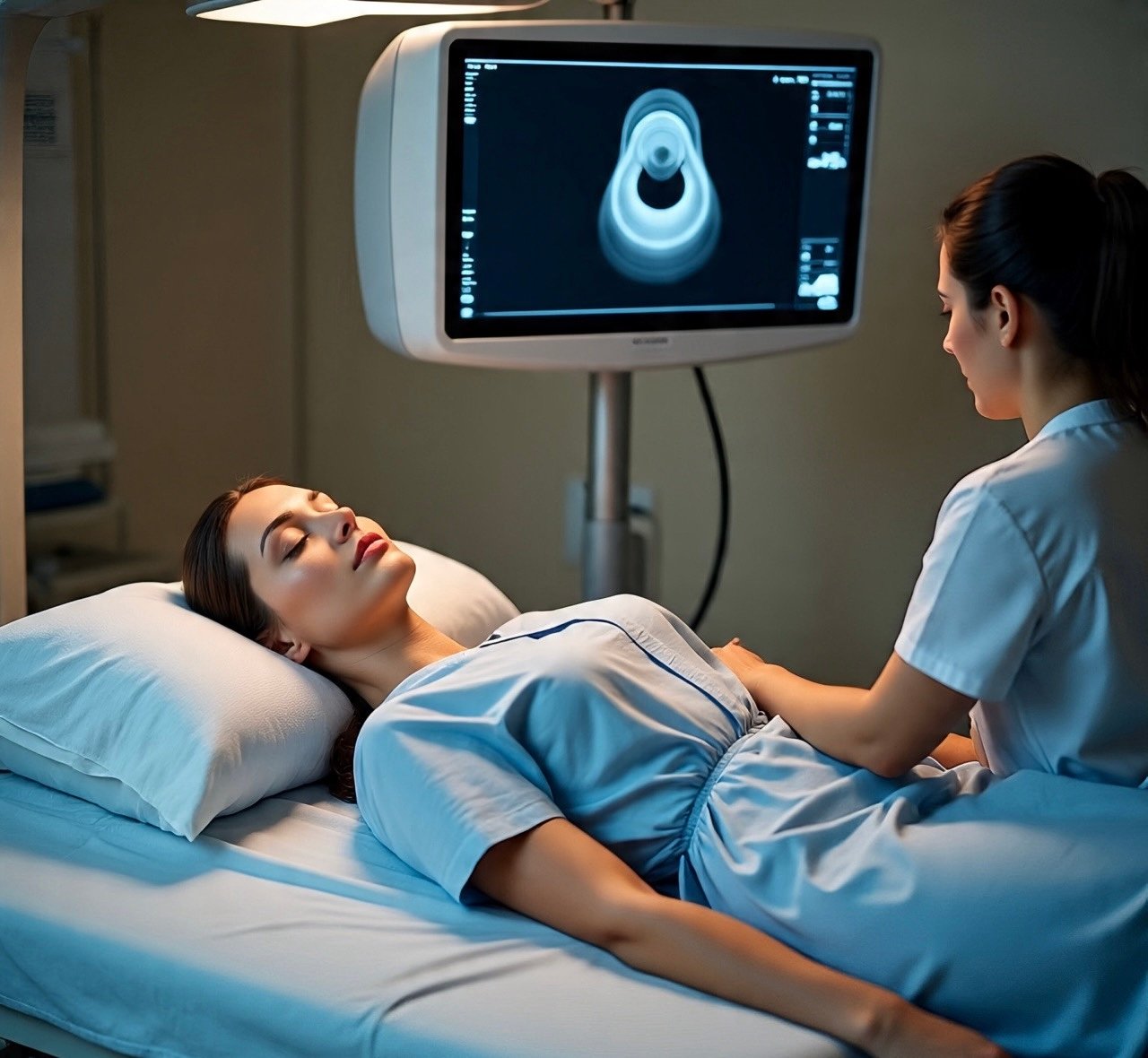Your late 20s and early 30s are the best time to catch silent health issues early. Even if you feel perfectly fine, hidden deficiencies or hormonal imbalances may already be developing.
Why Preventive Health Matters in Your Late 20s and Early 30s
Between the ages of 27 and 35, many women focus on careers, relationships, and family planning. However, during this phase, internal health changes often go unnoticed. Hormonal shifts, nutrient deficiencies, and lifestyle-related risks may silently build up, leading to problems later.
Doctors stress that this is a critical age for preventive care. Regular screenings provide insights into fertility, detect deficiencies, and highlight risks for hormonal imbalances and lifestyle diseases. Even if you feel healthy, preventive tests can uncover silent issues early, when they are easier to manage.
Complete Blood Count (CBC): Your Body’s Report Card
A Complete Blood Count (CBC) checks red blood cells, white blood cells, hemoglobin, and platelets. It helps detect:
- Anemia
- Infections
- Low immunity
If you often feel weak, unusually tired, or fall sick frequently, a CBC may provide the first clue. For women without recent blood work, this test is an essential starting point.
Thyroid Profile (T3, T4, TSH): The Silent Regulator
The thyroid gland controls metabolism, mood, energy, fertility, and skin health. Disorders are common in women in their late 20s and 30s.
A thyroid profile checks T3, T4, and TSH levels. Signs of imbalance include:
- Sudden weight changes
- Irregular periods
- Anxiety, fatigue, or mood swings
Thyroid dysfunction may also mimic depression or worsen PCOS. Regular screening ensures timely diagnosis and treatment.
Vitamin D and B12: Deficiencies You Might Ignore
Even with a balanced lifestyle, women often develop Vitamin D and B12 deficiencies. These nutrients support:
- Strong bones and joints
- Immunity and nervous system health
- Hormonal balance
Deficiencies can cause fatigue, hair loss, muscle pain, and mood swings. A simple blood test reveals imbalances, allowing timely correction with supplements or diet adjustments.
Reproductive Hormone Panel: More Than Fertility
A reproductive hormone panel is not only for women planning pregnancy. It provides insights into long-term reproductive and hormonal health.
Key markers include:
- AMH – ovarian reserve
- LH & FSH – ovulation and egg quality
- Prolactin – cycle irregularities and fertility
These results help detect PCOS, early ovarian decline, or hormonal imbalances, supporting informed choices about contraception, fertility preservation, or family planning.
Pelvic Ultrasound: A Clearer Look Inside
A pelvic ultrasound offers detailed imaging of reproductive organs. It detects:
- Fibroids
- PCOS
- Ovarian cysts
- Endometriosis
If you experience painful cycles, sudden weight gain, or have a family history of reproductive conditions, doctors recommend this scan. Even without symptoms, it provides reassurance about reproductive health.
Why You Shouldn’t Delay These Tests
Health issues in your late 20s and early 30s are often silent but progressive. Preventive screenings help with:
- Early detection before complications
- Smarter lifestyle and treatment decisions
- Reduced risk of chronic diseases like osteoporosis, thyroid disorders, and PCOS
By acting early, you protect both reproductive health and long-term vitality.
Q&A: Women’s Preventive Health
Q: How often should I get these tests?
A: Once a year is ideal, though women with risk factors may need more frequent testing.
Q: Can these tests detect PCOS early?
A: Yes. A hormone panel and pelvic ultrasound together can identify PCOS before severe symptoms develop.
Q: Do I need a CBC if I feel healthy?
A: Yes. A CBC can reveal hidden anemia or weak immunity before symptoms appear.
Q: Is thyroid testing necessary without symptoms?
A: Absolutely. Many thyroid issues are silent in the beginning but can disrupt mood, fertility, and metabolism later.
The Bottom Line
Your late 20s and early 30s are more than just career and family planning years — they are a vital stage for preventive health. Essential tests like CBC, thyroid profile, vitamin D and B12 levels, reproductive hormone panel, and pelvic ultrasound help maintain balance, detect silent issues, and protect future wellbeing.
Investing in preventive health today is the strongest foundation for a healthier tomorrow.




